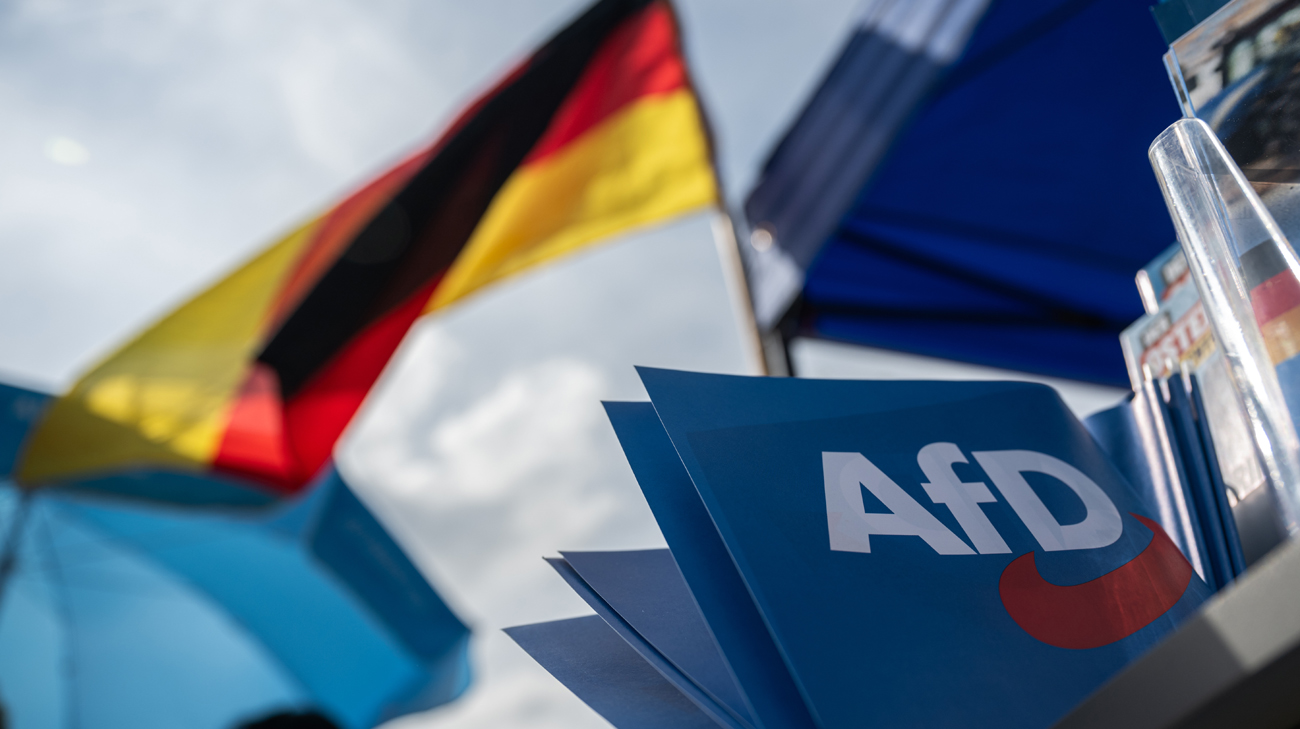Far-Right Politics in Germany Overtakes Merkel’s Conservative Bloc in Popularity, Survey Shows

Recent results from an independent social research and statistical analysis institute, Forsa, reveal significant shifts in Germany’s political landscape.
The far-right party Alternative for Germany (AfD) now leads in popularity, surpassing the traditional Christian Democratic Union/Christian Social Union (CDU/CSU) bloc, marking a pivotal moment in German politics.
According to the survey, if elections were held today, 26% of voters would support AfD, making it the most popular political force in the country’s history.
Meanwhile, Merkel’s conservative bloc, CDU/CSU, saw its support decline to 24%, although it still holds a slight edge over AfD.
This trend underscores the increasing influence of right-wing populism, especially after AfD secured nearly 21% in the federal elections held in September — its best result ever and the largest opposition faction in the Bundestag.
The survey also highlights declining support for Chancellor Friedrich Merz, with 67% of Germans expressing dissatisfaction after his first 100 days in office.
This dissatisfaction is compounded by external political issues such as the Ukraine war and strained relations with the US during Trump’s presidency.
The next federal elections are scheduled for 2029, but current polling indicates a significant shift, with AfD support rising to 25%, and the traditional conservative bloc experiencing a decline in voter favor.
These developments signify a notable transformation within Germany’s political scene, likely influencing future policymaking and electoral strategies.

